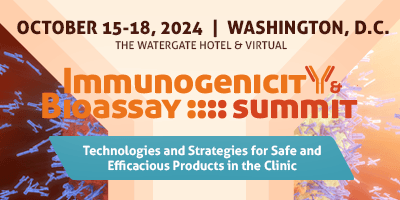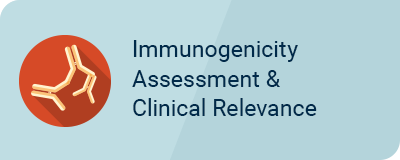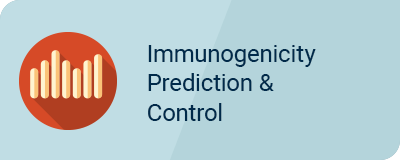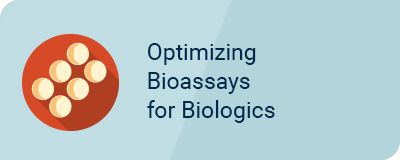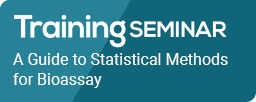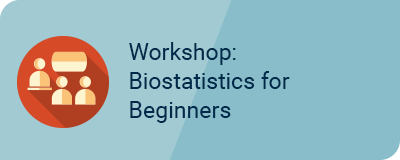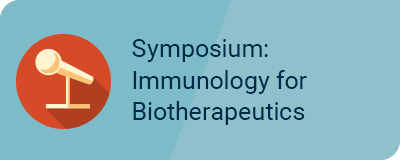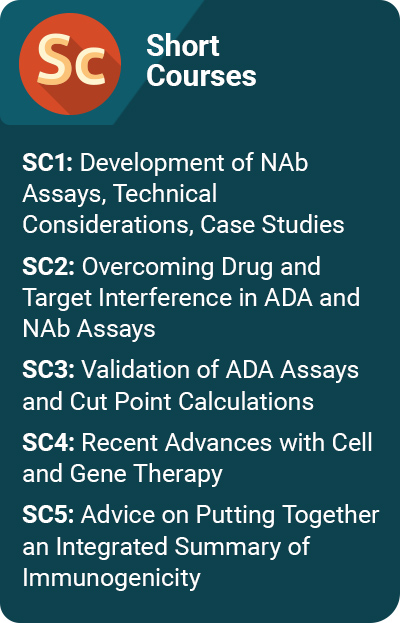Cambridge Healthtech Institute's 16th Annual
Immunology for Biotherapeutics
( 生物治疗药物的免疫学 )
Understanding and Manipulating the Immune System for Therapeutic Advantage
2024年10月15日 - ALL TIMES EDT
2024年10月15日(二)
Registration and Morning Coffee8:30 am
CURRENT UNDERSTANDING OF IMMUNE MECHANISMS
Antigen Processing and Presentation: The Basis of T Cell Activation
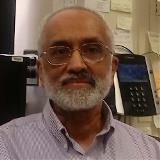 Kannan Natarajan, PhD, Staff Scientist, NIAID, NIH
Kannan Natarajan, PhD, Staff Scientist, NIAID, NIH
Antigen-presenting cells process protein antigens into peptides for binding by either Major Histocompatibility Class I (MHC-I) or Class II (MHC-II) molecules, which are then displayed at the cell surface as peptide/MHC complexes, where they are recognized by T cell receptors leading to T cell activation. Cell biological, biochemical, and structural details of these processes as we now understand them will be discussed.
Role of IgE and IgG/IgG4 in Modulating Type I Hypersensitivity Reactions in Human Allergic Disease
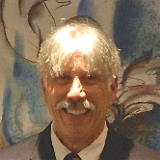 Robert Hamilton, PhD, D.ABMLI, Professor, Medicine & Pathology, Clinical Immunology & Allergy, Johns Hopkins University
Robert Hamilton, PhD, D.ABMLI, Professor, Medicine & Pathology, Clinical Immunology & Allergy, Johns Hopkins University
This presentation will overview the four areas of hypersensitivity: immediate Type I IgE-mediated, Type II antibody-dependent cytotoxicity, Type III immune-complex-mediated, and delayed-Type hypersensitivity. Type I human allergic disease will then be examined, covering its pathophysiology, current diagnostic strategies, four modes of disease management, and special caveats relating to food, drug, venom, and respiratory allergic disease. Finally, the new discipline of molecular allergology will be highlighted with an emphasis on ten cross-reactive allergen families and how allergenic molecules have improved the accuracy of allergy diagnosis.
Networking Coffee Break11:00 am
The Role of the Innate Immune System and Implications for Biotherapeutics
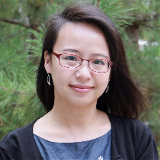 Han-Yu Shih, PhD, Investigator, NeuroImmune Regulome, National Institutes of Health National Eye Institute
Han-Yu Shih, PhD, Investigator, NeuroImmune Regulome, National Institutes of Health National Eye Institute
The field of innate lymphoid cell (ILC) biology has progressed rapidly, highlighting these cells’ roles in immunity, barrier tissue integrity, and homeostasis. ILCs can be classified based on cytokine production, mirroring patterns in CD4 T helper (Th) cell analogs. Unlike Th cells, ILCs respond promptly to pathogens without needing antigen-specific receptor recognition. Understanding ILC differentiation and immunoregulation is key to developing new treatments for autoimmunity, infection, and cancer.
Complement as an Apex Regulator of Tissue Inflammation
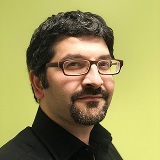 Ben Afzali, MD, PhD, FRCP, Earl Stadtman Investigator, Immunoregulation Section, Kidney Diseases Branch, NIDDK, NIH
Ben Afzali, MD, PhD, FRCP, Earl Stadtman Investigator, Immunoregulation Section, Kidney Diseases Branch, NIDDK, NIH
Our lab investigates tissue inflammation, injury, and repair, focusing on gene expression influenced by micro-environmental signals and transcription factors using functional genomics approaches. An important aspect of our work centers around complement components produced by cells in tissues. In this talk, we will discuss the mechanisms and roles of locally produced complement in inflammation, how this influences tissue biology, and the key transcriptional regulators involved.
Luncheon Presentation (Sponsorship Opportunity Available) or Enjoy Lunch on Your Own12:15 pm
Session Break12:45 pm
HARNESSING THE IMMUNE SYSTEM FOR BIOTHERAPEUTICS
Pushing the Boundaries of Antibody-Based Therapeutics through Multispecifics and Drug Conjugates
 Paul Moore, PhD, CSO, Zymeworks
Paul Moore, PhD, CSO, Zymeworks
Antibody-based therapeutics have provided great therapeutic benefit to many patients across various disease states. Multispecific antibodies afford therapeutic opportunities not feasible with single-target antibodies or combinations, while drug conjugates provide opportunity to extend therapeutic benefit through combining the targeting specificity of an antibody with a "payload." Examples of these advances will be summarized in the context of molecule design, target selection, biological characterization, and clinical benefit.
Harnessing the Body’s Natural Immune Response to Fight Cancer
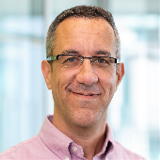 Daron Forman, PhD, Senior Principal Scientist, Discovery Biotherapeutics, Bristol Myers Squibb Co.
Daron Forman, PhD, Senior Principal Scientist, Discovery Biotherapeutics, Bristol Myers Squibb Co.
Immunotherapy has shown remarkable response rates in some previously hard-to-treat cancers by redirecting the body’s own immune system to recognize and eliminate tumor cells. Here, we will discuss the current state of immunotherapy by briefly covering cytokine therapy, cancer vaccines, adoptive immunotherapy, and immunomodulation therapy.
Networking Refreshment Break3:05 pm
Emerging Immunogenicity Obstacles for Next-Generation Biotherapeutics
 Andreas Hollenstein, PhD, Principal Scientist, Immunosafety, Roche
Andreas Hollenstein, PhD, Principal Scientist, Immunosafety, Roche
Since the beginning of immunotherapy using monoclonal antibodies, we have pushed the limits for higher efficiency of this therapeutic modality. This shift did not come without trade-offs for safety and immunogenicity. In this presentation, I will talk about several examples of drug-enhancing approaches that also can have a profound impact on immunogenicity. Understanding the underlying mechanisms could help us to stay away as far as possible from this immunogenic transformation and lead to the development of better drugs for patients.
Close of Immunology for Biotherapeutics Symposium4:30 pm
Dinner Short Course Registration5:00 pm
Recommended Dinner Short Course*5:30 pm
SC4: Recent Advances with Cell and Gene Therapy
*Separate registration required. See short course page for details.
2024年10月17日(四)
Recommended Dinner Short Course*6:00 pm
SC5: Advice on Putting Together an Integrated Summary of Immunogenicity
*Separate registration required. See short course page for details.
* 活动内容有可能不事先告知作更动及调整。
CONFERENCE PROGRAMS
